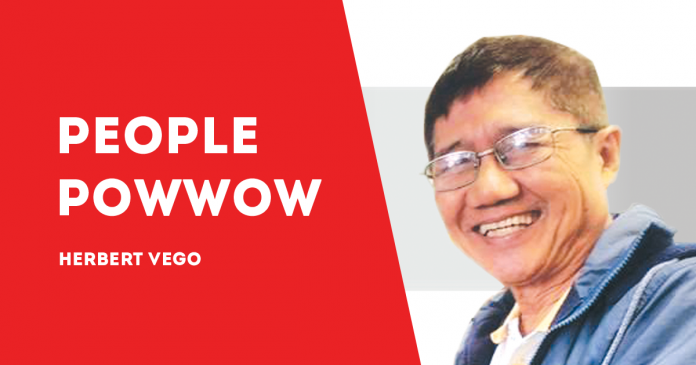
HAVE you heard about the Filipino immigrant in the United States who sought the advice of American financial analyst Mark Ford on techniques that would free him from money lack?
Assuming he could acquire sudden wealth through a short-term investment strategy, Jorge Izquierdo (namesake of the famous Spanish computer programmer) asked Ford to show him how to achieve in a few years what most people spend a lifetime trying without succeeding.
I find Ford’s advice so enriching that I would like to quote some words of advice he gave to the immigrant.
“It’s simply not possible to quickly turn thousands into millions by investing in stocks. But you can unshackle yourself from what you call ‘financial slavery’ in a relatively short period of time.
“By financial slavery, you earn less than you spend; and you owe more than you own.
“If you earn less than you spend, you are in a constant state of stress. You must put off or partially pay your bills. You must appease creditors. And all the while, your debt is mounting.
“If you owe more than you own, you can’t buy a house or lease a car or get a loan from anyone other than your parents. What if they are dead or tired of helping you?
“Because you are in so much trouble, you can’t even think about taking nice vacations or retiring someday. Instead, you have to worry about losing your job. So you keep working and reading investment newsletters. But as each month passes, your financial situation gets worse.”
Ford identified the immigrant’s problem as “earning less than you spend.”
He gave the correct solution to the problem: “Spend less and earn more.”
He advised Izquierdo to cut expenses by 30 percent to 50 percent. That sounds crazy to most of us who feel it would be impossible.
The primary factor in how much we spend every month is the neighborhood we live in. Our neighborhood creates the financial culture that presents the spending choices we make. If we live in a community of million-peso homes, we would be buying an expensive car.
If we belong to the working class, the place to live in is a working-class neighborhood where jeepney rides are available.
We know of friends who, in keeping up with neighbors, find themselves poorer with the passing of each month and so end up broke. They refuse to even consider the idea of downsizing, simply because they are too ashamed to do so.
“The other thing you must do,” Ford told Izquierdo, “is to save more money.”
Here in the Philippines, double-jobbing is not so easy. But there are always ways to find sidelines or engage in small business.
Ford identified Izquierdo’s problem No. 2: “You owe more than you own.”
His solution: “Start owing less and owning more.”
If you have accumulated a lot of debt, it means that you don’t see debt as financially dangerous. On the contrary, it is. The first step toward debt management is to get rid of debt and eliminate every credit card unless you expect a near-future income to back it up. Cash or debit cards are better alternatives for shopping.
Being financially independent is not about having a big house or driving a new car or taking fancy vacation. There are thousands of Filipinos who are in chains because they spend more than they make and owe more than they own.
Ford capped his advice to Izquierdo with these words:
“Becoming a millionaire takes years. But breaking the chains of financial slavery can be done relatively quickly.” (hvego31@gmail.com/PN)

